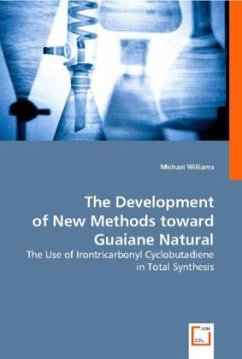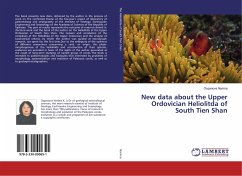Guaiane natural products are complex architectures that contain multiple stereogenic centers, ring junctures, and functionalities that render their synthesis difficult without an efficient and effective methodology. Herein, a new method for generating these natural products will be discussed. In particular, highly strained intermediates, generated through an intramolecular cyclobutadiene cycloaddition, will be studied and utilized. The following are a summary of the chapters:Chapter 1: Tricyclo[3.2.0.02,4]heptanes are unique scaffolds that possess many interesting chemistries. A review of both their synthesis and chemistry is covered.Chapter 2: Syn-tethered tetracyclo[5.3.0.01,5.02,4]decanes are strained systems obtained through a cyclobutadiene cycloaddition-intramolecular cyclopropanation sequence. Studies related to these systems will be covered.Chapters 3 and 4: An intramolecular cyclobutadiene cycloaddition-cyclopropanation-thermal fragmentation methodology is utilized for the asymmetric total synthesis of two guaiane natural products. In addition, the methodology is further expanded upon to access multiple guaianes from a single intermediate.
Bitte wählen Sie Ihr Anliegen aus.
Rechnungen
Retourenschein anfordern
Bestellstatus
Storno








